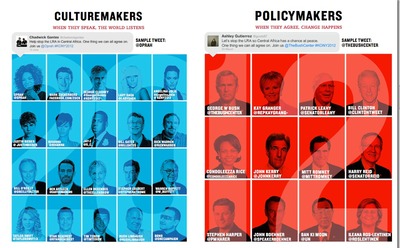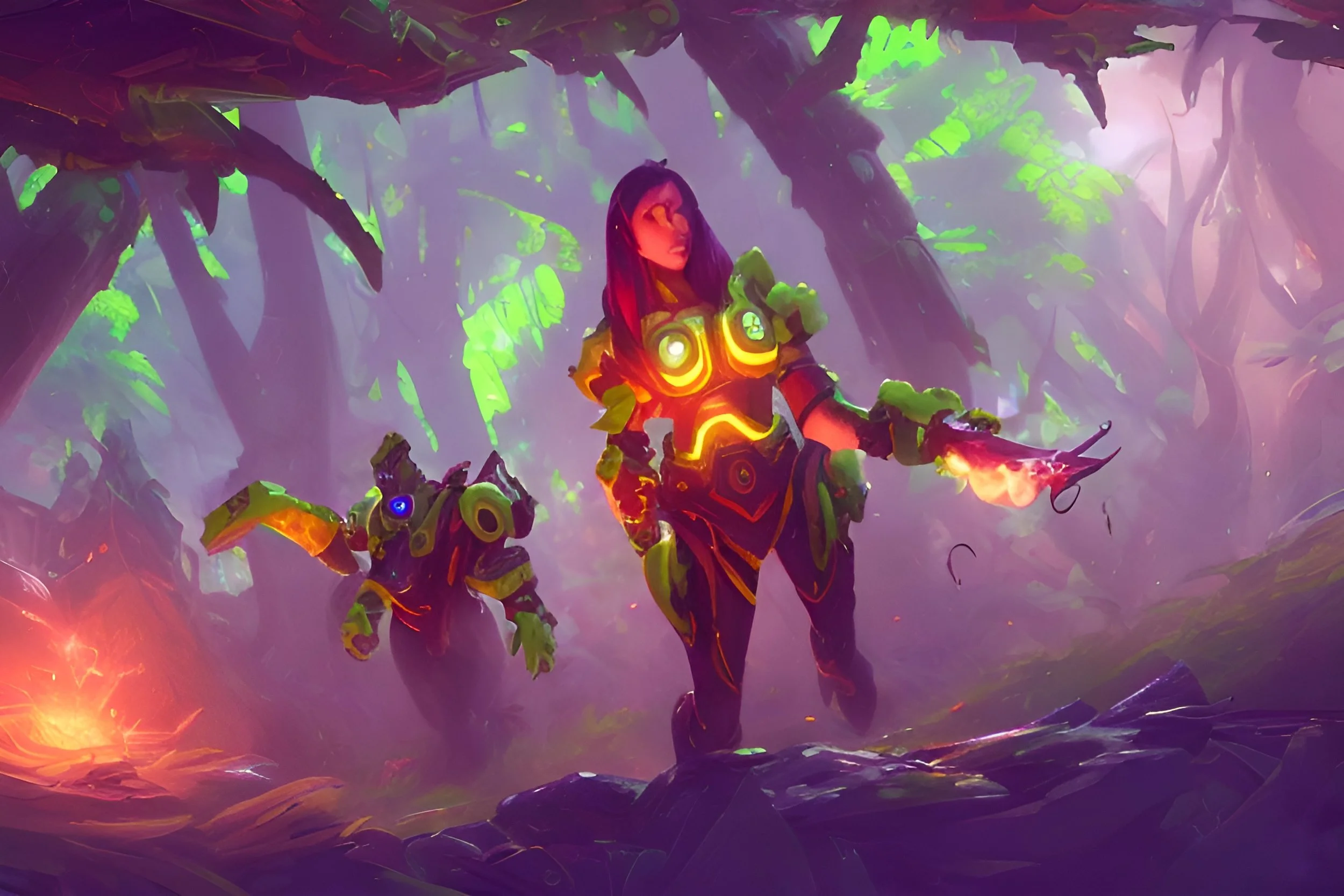by Rhea Vichot and Zhan Li
The Kony 2012 video campaign by Invisible Children
(IC) has been extraordinarily - even unprecedentedly successful - in
spreading its message. It has also attracted criticism, both concerning
the content and strategy of the video campaign and the general character
of the organization itself.
This post offers a brief overview of the debate over the campaign as it evolved in the period between the release of Kony 2012
on YouTube on March 5, 2012 and the subsequent official response to
critiques made by Invisible Children on March 7th. Of course, we
recognize that the debate continued to develop in important ways after
this time. This post simply offers an introduction to the early days of
the campaign.
The Kony 2012
video was released by Invisible Children at 12PM PST on March 5th, 2012
on popular video sharing platform YouTube (the video had been hosted on
Vimeo, another video sharing site, since February 20th, but may have been password protected until its public release).
KONY 2012 from INVISIBLE CHILDREN on Vimeo.
Narrated by Jason Russell,
one of the founders of Invisible Children, the film aims to spread
awareness about the crimes of Joseph Kony, head of the militant group
the Lord's Resistance Army (LRA) which is operating in several countries
in Central Africa: Sudan, South Sudan, The Democratic Republic of
Congo, The Central African Republic, and Uganda. Kony was indicted for
war crimes by the International Criminal Court in 2005, and the campaign
calls for increased action and pressure to bring him to justice.
The
video quickly became an astonishing success in the scale and speed of
its spread. For instance, Invisible Children tweeted that the video had
already received 800,000 hits online in the first 24 hours. Indeed, the
scale and speed was so staggering that many people in the NGO and aid
world felt that they had to pay close attention to this campaign by a NGO
that many may have never heard of before (and some may have dismissed as an eccentric aid campaign organization aimed at an audience of high
school kids). The impact of the campaign also attracted much attention
from fields beyond the NGO and aid world - including the celebrity press
and social media and marketing consultants.
By March 7th, the videos
had attracted 40 million views on YouTube and almost 11 million views on
Vimeo. IC's campaign planners had originally called for a target of a
mere 500,000 views of the video by the end of 2012 and had thought the video would mostly circulate within IC's core audiences of (mainly
US) high school and college students.
Besides
raising awareness of the issues surrounding Kony and the LRA through
encouraging spread of the video online, the Kony 2012 campaign also
recommended to its supporters that they send communications (primarily
via Twitter) targeting 20 "culturemakers" and 12 "policymakers" as
selected by IC and identified on the Kony 2012 website.

These
designated celebrities and political figures range in experience and
ideology. The "culturemakers" ranged from entertainment celebrities
(including some with reputations for involvement with NGO and
humanitarian causes such as Lady Gaga, Oprah Winfrey, and Bono - to
major technology and financial entrepreneurs such as Bill Gates, Mark
Zuckerberg, and Warren Buffet, as well as other leading shapers of
public opinion such as Rush Limbaugh and Rick Warren. The range of
policymakers focused on U.S. politicians such as former U.S. Presidents
George W. Bush and Bill Clinton, Mitt Romney, and Harry Reid (President
Obama and his Cabinet are notably not included here), while also
including non-U.S. politicians Stephen Harper (Prime Minister of Canada)
and U.N. Secretary-General Ban Ki-moon.
Criticisms
as well as praise began to emerge online soon after the video's launch
on Monday. These responses came via social networks (perhaps most
notably Twitter and Reddit)
as well as independent opinion blogs (for instance, a grassroots blog
post whose critique of Kony 2012 started spreading widely early on was
an opinion piece entitled "We Got Trouble" that was written by a Canadian college student) and mainstream media channels in the US and beyond (the UK Guardian for instance liveblogged early reactions to the campaign and quickly published multiple reports online about Kony 2012).
Key
critiques of the Kony 2012 campaign included arguments that it greatly
oversimplified the complexities of politics, conflict, and aid; that it
displayed neo-colonial or patronizing attitudes towards Africans; that
it distracted attention away from more pressing issues; that it was
arguing for humanitarian military intervention without recognizing the
immense difficulties and many unintended consequences of such policy;
that the organization has inefficiently misallocated funds towards
media/marketing and overhead at the expense of tangible on-the-ground
development and aid efforts; and that there is something distasteful and
counterproductive in the way that IC presents its message through
glossy, stylish, and youth-centered popular culture savvy content.
On March 7th, Invisible Children released an article on their site
which provided official responses that argued against key critiques
levelled at their campaign - for instance, regarding IC's NGO
credibility and transparency and IC's position in relation to human
rights based criticisms of the Ugandan government. IC also attempted to
deflect attacks on what some critics have seen as IC's "white savior"
rhetoric by highlighting "that
over 95% of IC's leadership and staff on the ground are Ugandans on the
forefront of program design and implementation." They also addressed
the related controversy regarding the photo of the
founders posing with guns from 2008, with co-founder Jason Russell
stating "that photo was a bad idea. We were young and we got caught up
in the moment."
Overall,
IC appears to have been both caught off-guard as well as feeling
exhilarated and energized by the spread of the campaign so far. In a video posted on March 8th, Jason Russell thanked IC's supporters for the incredible success of the campaign's spread.
Wow. Thank You. from INVISIBLE CHILDREN on Vimeo.
Jason
called the movement a revolution that will change the world and told
his audience: "I need you to know something. I am here representing you - your voice. This is a collective. It's a We. And this story transcends borders. It is not about politics. It is not about
the economy. This is about human beings - human beings waking up to the
potential and the power that they have. That's what KONY 2012 is about
and it's just the beginning - because we are starting something which
cannot be stopped." IC has also announced that it is translating the
Kony 2012 video into as many languages as possible.
Since
IC published its response to critics, the attention towards Kony 2012
has only increased, with tallies at time of writing (end of day, March
11th) showing around 91 million views in total for the original YouTube
and Vimeo versions (these figures do not count other versions that may
be in circulation, including non-English language editions that may
already have been released). Commentary critiquing and praising IC's
Kony 2012 campaign continues to evolve and expand.
Zhan Li, a fellow member of the Civic Paths Project Research Group has created a Storify linklist , which presents a selection of these critiques and defenses.



